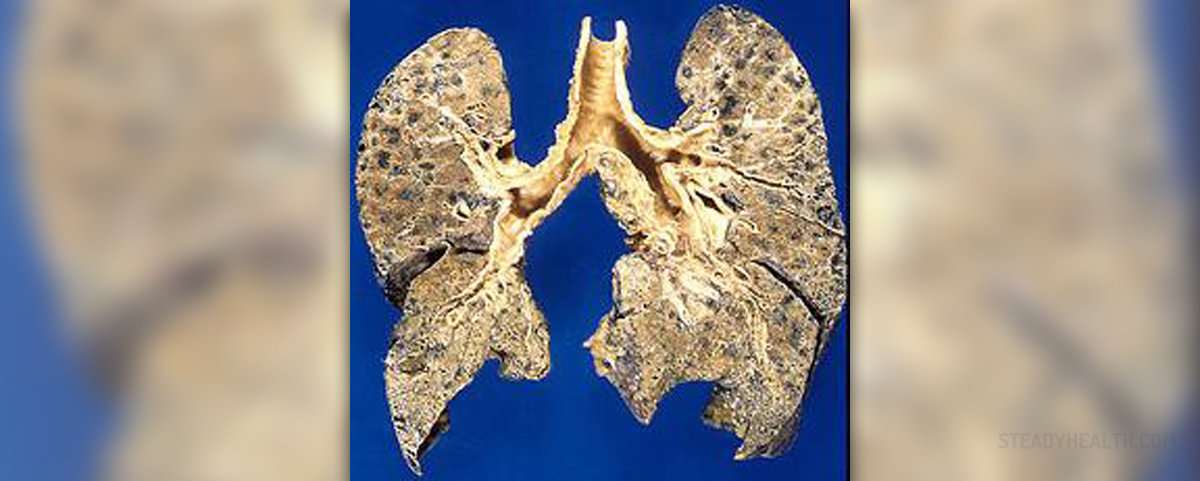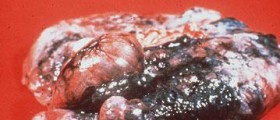
Emphysema is one of serious chronic lung diseases from the group of chronic obstructive pulmonary diseases (COPD). According to the statistics, the number of COPD patients is on the rise and the condition is now considered to be the 4th leading cause of death in the United States.
Patients with emphysema suffer from shortness of breath, due to impaired or destroyed lung tissue necessary for exchange of oxygen and carbon dioxide. Their air sacs in the lung (alveoli) are over-inflated, therefore provoking significantly slow or complete lack of gas exchange. Tissues around the small airways get destroyed, leading to collapse of the airway and entrapment of gas inside the alveoli. Lung tissue of a person suffering from emphysema lacks elasticity and has large holes in it, while small blood vessels of the lungs also get damaged and cannot provide sufficient amount of blood and oxygen to the lungs.
There are different approaches to treatment of emphysema, depending on the seriousness of each particular patient’s case. Doctors may decide to use bronchodilating drugs, steroids or antibiotic medications, as well as oxygen for treatment of this serious lung condition.
Bronchodilator Drugs for Emphysema
Most doctors’ first choice for emphysema are bronchodilating drugs and for some mild cases they can be used on their own, when patients experience shortness of breath. There are several different drugs that can be recommended by your doctor, including Albuterol, ipratropium bromide, tiotropium or theophyline.
Albuterol (Ventolin, Proventil) is recommended for mild emphysema and one dose is usually sufficient for 4 to 6 hours of being without breathing difficulties and prevention of more serious shortness of breath. It is available as metered-dose inhaler (MDI) or as nebulized drug (usually for more serious cases of shortness of breath).
Ipratropium bromide (Atrovent) and tiotropium (Spiriva) are actually the same medication, but with different lasting effects. Atrovent needs to be given in scheduled intervals, while the Spiriva is used once per day.
Theophylline (Uniphyl, Theo-Dur) is usually given in a form of pills, but not used so widely in last years, probably due to its narrow therapeutic window and possibility to overdose easily.
Emphysema Treatment: Antibiotics and Steroids
Increased shortness of breath usually requires the use of antibiotic drugs, with or without any evidence of associated infection or pneumonia. Steroids are useful to decrease inflammation but do not work for all emphysema patients. However, both of these drugs have been proven to decrease hospitalizations in people suffering from this lung disease.Oxygen Therapy
Emergency cases of emphysema are often treated with oxygen. Some patients may also need tracheal intubation in order to be given oxygen and breathe more easily and there are also oxygen tanks for use at home.

















Your thoughts on this
Loading...